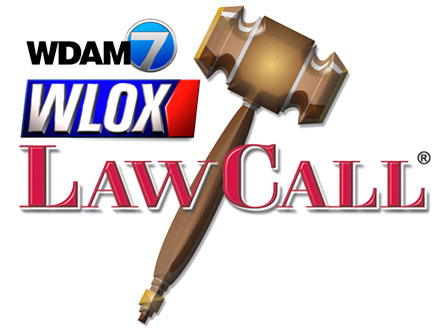Catastrophic injuries can strike at any time, leaving a victim with horrible pain and trauma, an abrupt end to their ability to work, and no clue of what the future holds. In addition, any injury of this magnitude has a ripple effect, touching the lives of everyone close to the victim. After a catastrophic injury,…
Archives for March 2022
What to Know About Chest Contusions
Accidents leave victims with a wide range of injuries, many of which go unnoticed until the victim receives medical attention. Chest contusions are a fairly common injury because they can be caused by falls, physical assaults, and anything else that delivers a blunt blow to the chest. Serious injuries could cause you significant physical pain,…







